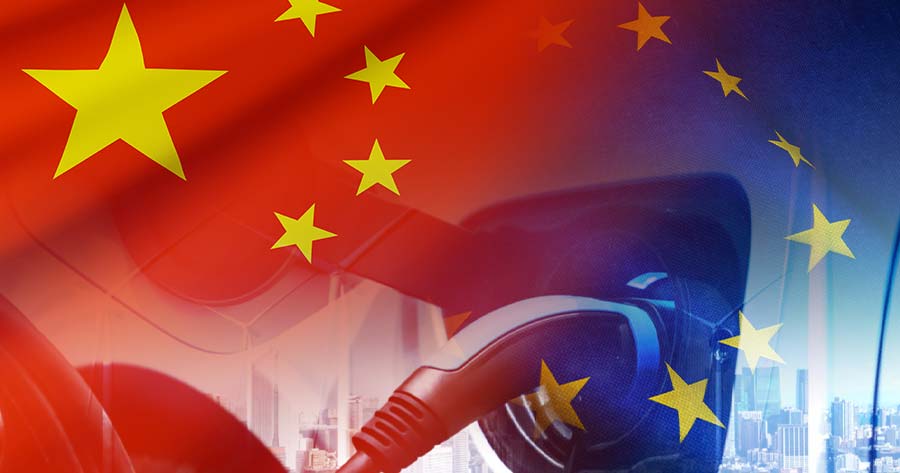The European Commission confirmed on Friday that it has secured sufficient backing from EU members to impose tariffs of up to 45% on Chinese electric vehicle (EV) imports, marking a significant development in a high-stakes trade dispute. Despite garnering support for the imposition of tariffs, the Commission will continue negotiations with Beijing to explore potential resolutions.
Following a year-long anti-subsidy investigation, the Commission has proposed imposing definitive duties on Chinese-manufactured EVs for the next five years, citing concerns over unfair subsidies provided by the Chinese government. In a recent vote, 10 EU members favored the imposition of tariffs, while five dissented, and 12 abstained from voting, according to EU sources.
Despite less than half of the vote that backed the proposal, it requires 15 EU members representing 65% of the EU population needed to block the proposal.
While the measure received the necessary support to move forward, the Commission expressed its intention to engage in ongoing discussions with Beijing in search of a mutually agreeable resolution. Notably, Germany, a significant player in the automotive industry, voted against the proposal, signaling dissent within the region.
The decision was met with criticism from industry leaders, with BMW Chief Executive Oliver Zipse warning of potential repercussions for the European automotive sector. Zipse emphasized the urgency of reaching a swift resolution with Beijing to avert a full-blown trade conflict. Volkswagen also opposed the planned tariffs, labeling them as an ineffective strategy in addressing the trade dispute.





